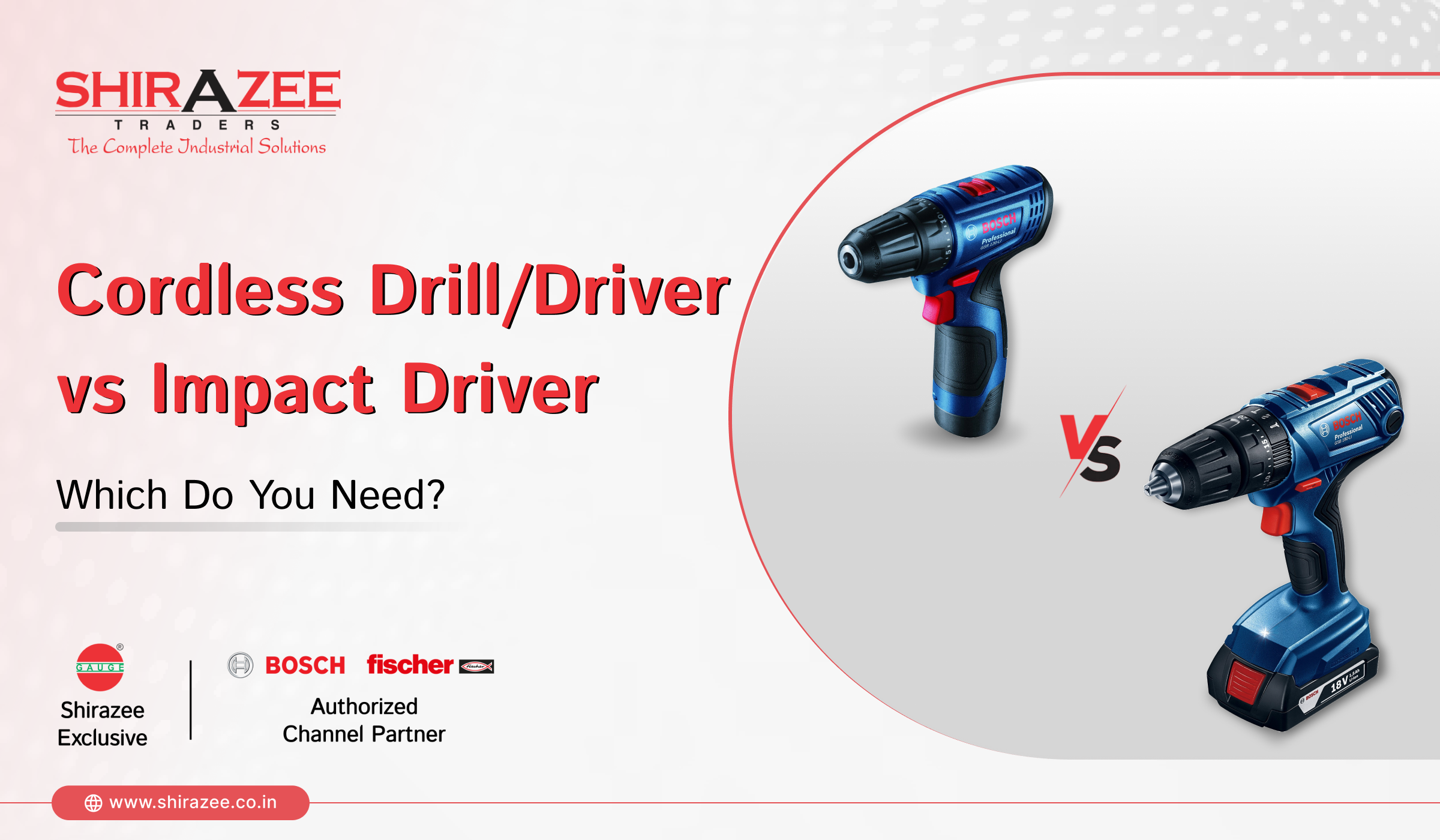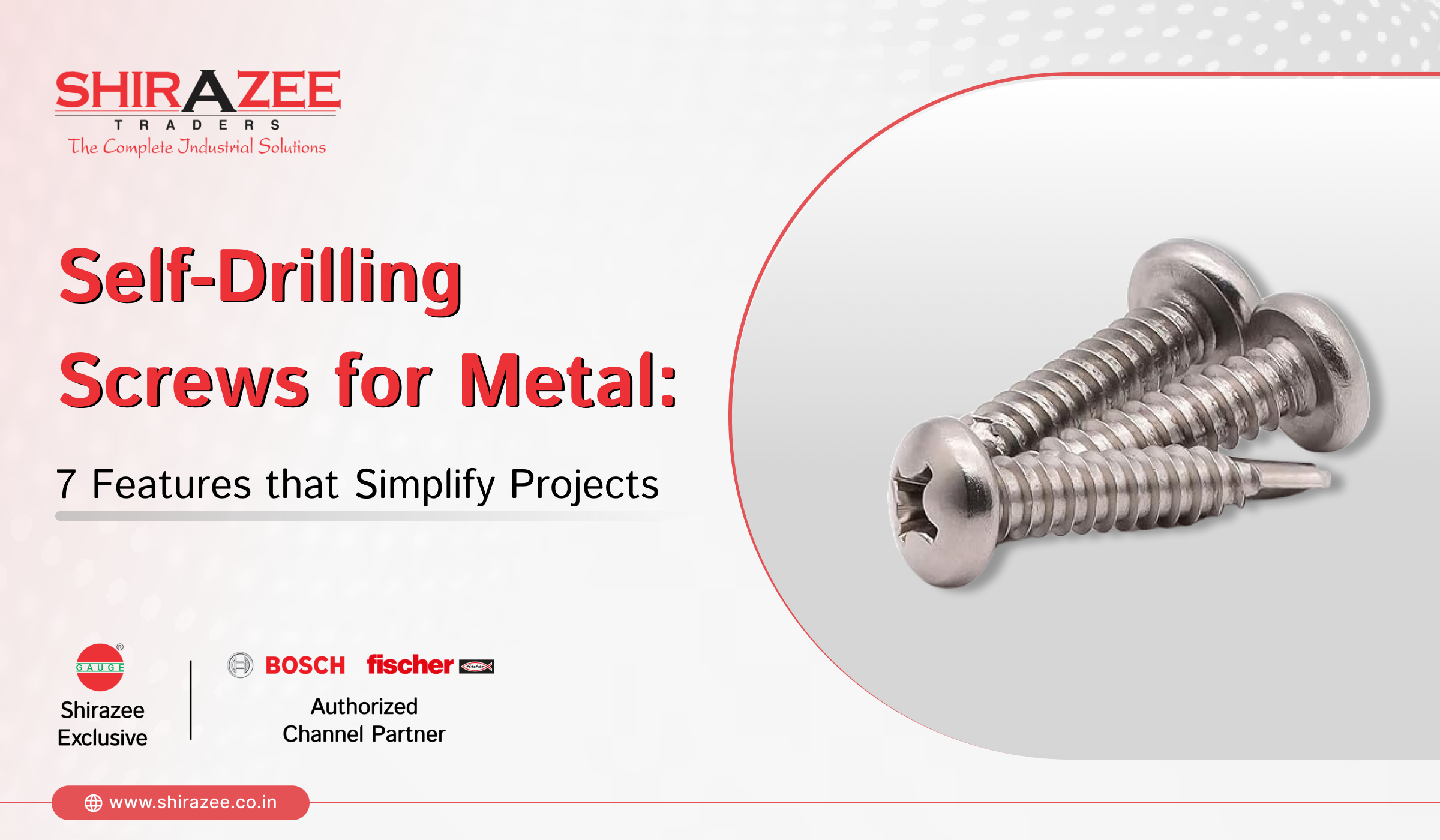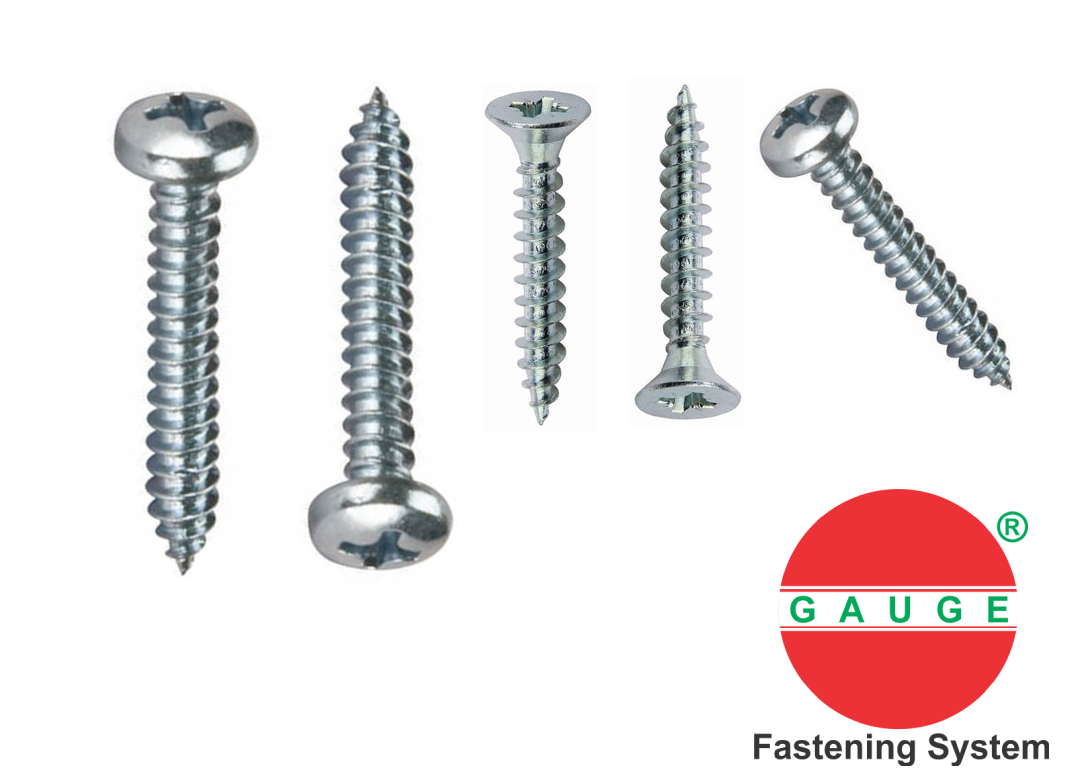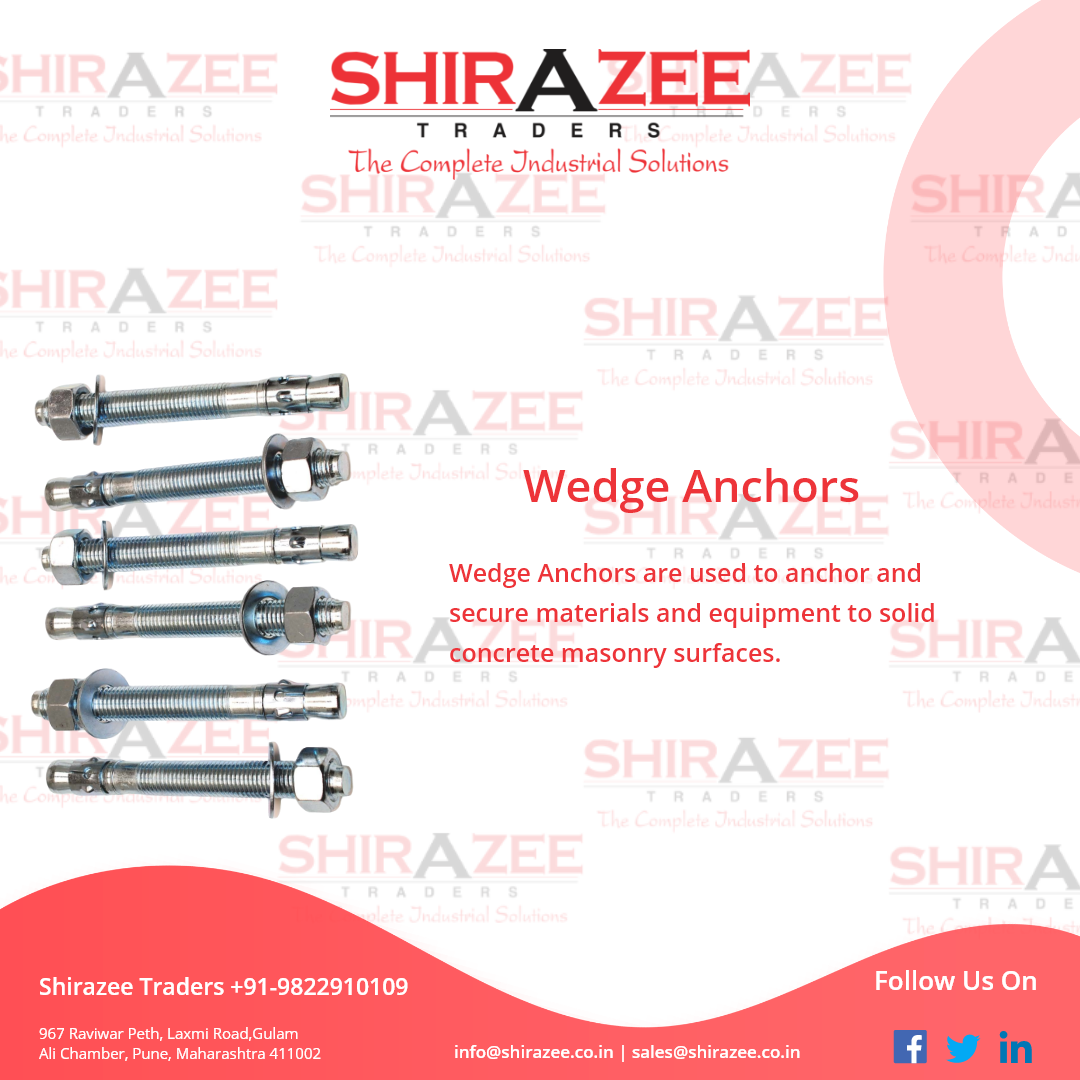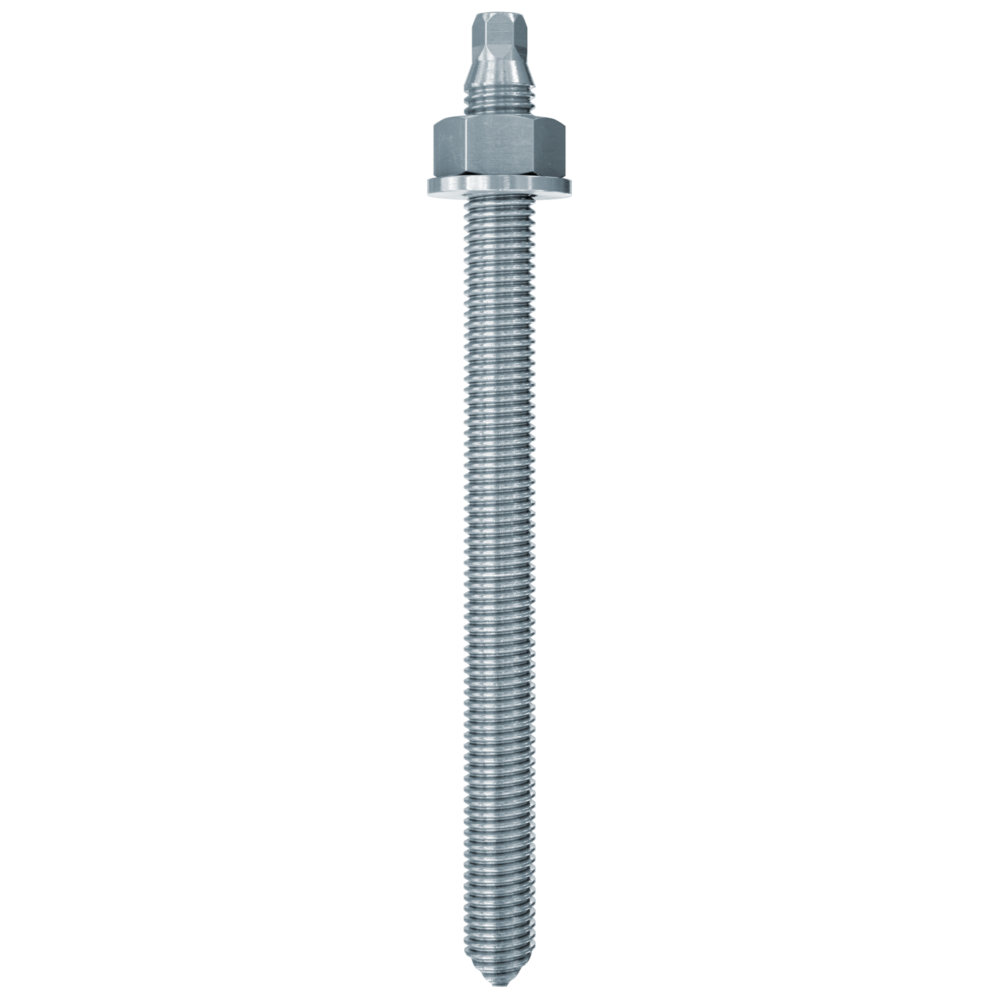
Difference Between Hand Tools and Power Tools: Which is Better?
posted in Business, Industrial Equipment by admin
The age-old debate between hand and power tools in the constantly changing world of DIY projects and professional craftsmanship never fails to attract interest and spark debates among experts and enthusiasts alike. Power tools and hand tools each have special advantages and disadvantages that make them useful in various situations. We aim to solve the puzzle of which tool is best suited for a given task by looking into the differences between power and hand tools. Before setting out on this journey, let’s first examine the fundamental differences between these two types of tools and how they can be used in the hardware industry.
Hand Tools
For centuries, hand tools have been the reliable partners of skilled craftsmen. For these tools to function, manual labor and skill are required. Usually, they are operated by the user’s physical effort. Hand tools are made for a variety of tasks, including cutting, gripping, measuring, and shaping. They are available in different shapes and sizes.
1. Accuracy and Control
The accuracy and control that hand tools provide is one of their best qualities. Craftspeople can achieve complex details in their work by using fine hand tools. For tasks like shaping metal, carving wood, or assembling delicate parts, hand tools offer great feedback and accuracy that power tools may not be able to match.
2. Versatile Uses
Hand tools have been known for being very flexible. A single-hand tool, like a driver or screwdriver, can be used for several tasks. Because of their adaptability, hand tools are a great option for jobs that call for a broad range of motion and flexibility.
3. Portability and Accessibility
The portability of hand tools is another important benefit. Craftsmen don’t require a power source to work in different locations because they can effortlessly carry a variety of hand tools. Hand tools are perfect for repairs or projects in remote areas because of their accessibility.
Power Tools
Power tools, on the other hand, are the result of recent technological developments. These power tools run on compressed air, electricity, or batteries. Power tools are made to be fast, efficient, and productive. They are frequently used for heavy-duty tasks that would take a long time or be impractical to complete with hand tools.
1. Efficiency and Speed
The main attraction of power tools is their capacity to complete tasks quickly and effectively. Power tools are capable of performing tasks such as drilling, sanding, grinding, and cutting at a speed that manual tools frequently find difficult to match. This efficiency is particularly beneficial in large-scale projects.
2. Accuracy in Repeated Tasks
Power tools are superior to hand tools in terms of accuracy when it comes to repetitive tasks. Hand tools are good in finer details. Power tools make it easy to cut numerous identical pieces or drill multiple holes at a consistent depth, which lowers the possibility of human error.
3. Strength and Endurance
Manual tools may be exhausting for heavy-duty tasks, but power tools are made to handle them. Power tools, for instance, can be used more easily and with less physical strain when driving screws into hard materials, breaking down buildings, or cutting through thick pieces of metal or wood.
Which one to choose, Hand Tools or Power Tools?
After discussing the differences between hand and power tools, it is only natural to wonder which is superior. In actuality, there isn’t a universal solution. The task at hand, the user’s skill level, and personal preferences are some of the variables that influence the decision between hand and power tools.
1. The nature of the project:
Hand tools are probably a better option if the task requires precise detailing, fine adjustments, or delicate craftsmanship. On the other hand, power tools would be the preferred choice for jobs requiring force, speed, and efficiency.
2. User Skill Level:
Selecting the right tool is greatly influenced by the user’s skill level. Hand tools are more forgiving and easier to learn, so novice craftsmen or do-it-yourselfers can gradually hone their skills. Conversely, experienced workers may use their power tool proficiency to speed up and enhance their ability to meet deadlines.
3. Personal Preferences:
In the end, choosing between hand and power tools is heavily influenced by personal preferences. The physical connection that hand tools provide with their work may bring joy to certain craftsmen who appreciate the manual precision they offer. The speed and convenience that power tools offer might be valued by others.
Important Role Played By A Reliable Supplier
Selecting a reliable supplier for hardware tools is essential in managing the saturated market. Regardless of a person’s preference for power or hand tools, a few factors guarantee an informed decision. Give top priority to vendors with an exceptional track record of providing high-quality tools, as attested to by testimonials and recommendations. It’s crucial to have a wide range of products to meet the needs of different craftsmen, from high-tech power tools to conventional hand tools. The quality and longevity of the tools, which represent the supplier’s dedication to performance and longevity, are non-negotiable factors. Choosing a supplier who offers strong customer service and a reliable warranty adds even more value by offering help and assurance regarding the dependability of the tools.
Conclusion
There is no clear answer to which one is better among hand and power tools. They both stand out for their specialties. The best toolkit combines the best elements of both, using the advantages of each area. With hybrid options that combine manual precision and powered efficiency, the outcome is always efficient. Well-informed decisions are guided by task demands, skill levels, and personal preferences. The world of hardware tools is vast, whether you’re more attracted to power tools or hand tools. Accept instruments that speak to your skill and understand that the process of making something is just as important as the result.


